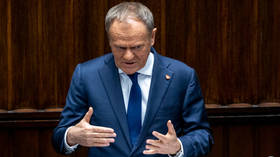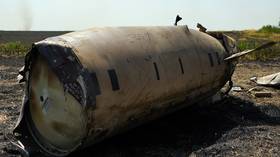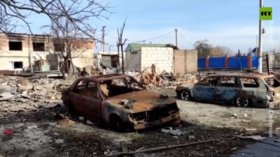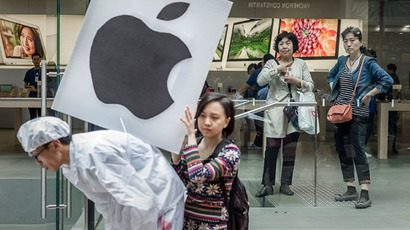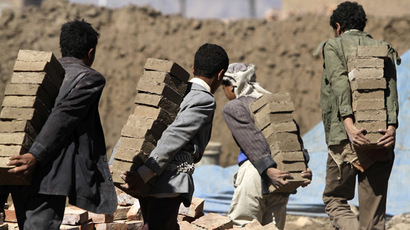Bolivia legalizes labor of kids as young as 10
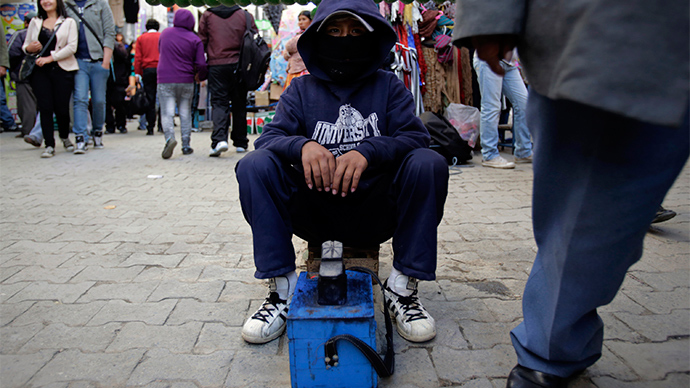
A law, legally allowing children to work from as early as the age of ten, has been signed in Bolivia this week, making the Latin American country the first nation to legalize child labor. International organizations say it contravenes UN conventions.
The legislation was approved by the Congress earlier this month, with Bolivia's Vice President Alvaro Garcia Linera signing it into law on Thursday. The signature - which didn't come from President Evo Morales due to his absence from the country - officially lowers the age that children can legally work from 14 to 10.
Under the new legislation, children above the age of 10 will be allowed to become self-employed workers as long as they attend school and have permission from their parents. Those over 12 years old will be permitted to take on contract work, also on terms of parental consent and compulsory school attendance.
"The president gave us his support. He also worked as a boy, herding llamas," Rodrigo Medrano, head of the Union of Boy, Girl and Adolescent Workers, told AP. The president has also been quoted in the past saying that "eliminating work for boys and girls would be like eliminating people's social conscience."

Others say the new Bolivian law goes against international regulations - including those in Latin America - and contravenes a UN convention designating 14 as the minimum work age.
"The new law runs against the regional current,” commented Carmen Moreno, an International Labor Organization (ILO) official, saying that "Mexico has set 15 as the minimum age and Chile age 16".
Jo Becker, the children's rights advocacy director at New York-based Human Rights Watch, says “Bolivia's move is out of step with the rest of the world," adding that "child labor may be seen as a short-term solution to economic hardship, but is actually a cause of poverty."

Bolivian officials say there is no alternative to the move in a society where half the population is poor and a large percentage of the adolescent population has to work anyway. It is hoped that adding another wage to a family’s income could alleviate many families' financial burdens.
"Child labor already exists in Bolivia and it's difficult to fight it. Rather than persecute it, we want to protect the rights and guarantee the labor security of children," one of the bill's sponsors senator Adolfo Mendoza told AP.
Jo Becker argues that people who start work as children end up with less education and lower earnings as adults. It then becomes a catch-22, as such families will most likely have to send their own children to work early.

More than 500,000 children already work to supplement the family income in Bolivia, according to the United Nations Children's Fund (Unicef). A 2008 study done by the ILO and Bolivian government found that 850,000 children between the age of five and 17 were working in the country.
Nearly nine in ten were in the worst kinds of jobs, including sugar cane harvesting and underground mining.





